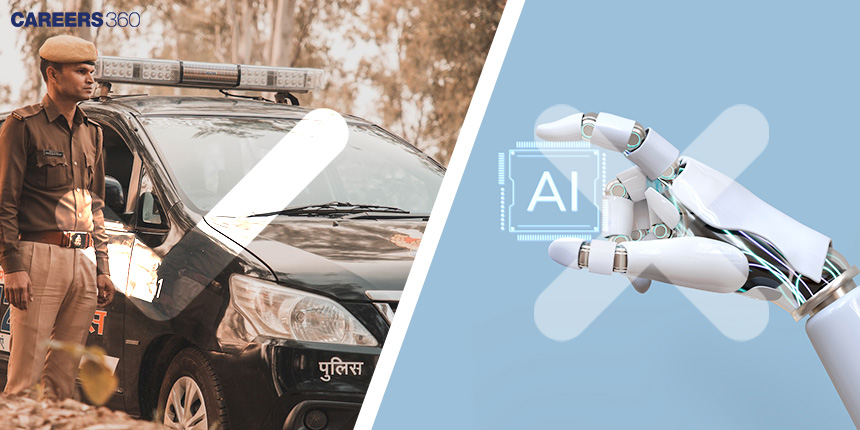Why Complete Automation Won’t Work In Police Services
The rapid advances in technology and automation have touched every aspect of our lives. Automation can be seen in almost every sector. However, there are still certain sectors where automation may not yield as much success as it promises. Law enforcement is one such profession where complete automation is not a workable option.

If we dig deeper into the multifaceted nature of policing, it becomes evident that there are inherent human qualities that are a prerequisite to this profession and hence it is nearly impossible to be fully automated. In this article, we will explore why the field of police service can’t be fully automated and why human involvement will always remain critical and essential in this field.
Complex Decision-Making
Policing often requires split-second decisions in unpredictable and high-stress situations. These decisions involve assessing complex social, ethical, and legal factors, which are beyond the capabilities of current Artificial Intelligence and automation technologies. Machines lack the ability to fully understand the nuances of human behaviour, cultural differences, and the multitude of variables that come into play during law enforcement encounters.
Also Read | 5 Medical Jobs That Can Never Be Automated
Emotional Intelligence
Emotional intelligence is a critical component of effective policing. A lot of time, Police officers note the emotions of victims, accused, criminals and even witnesses, they use this very human quality to de-escalate tense situations, and build rapport with the community. Empathy and compassion are qualities that cannot be replicated by machines and AI. The ability to communicate, relate to, and understand the emotions of human beings is uniquely human and cannot be automated.
Ethical and Moral Dilemmas
A lot of time, policing involves navigating complex ethical and moral dilemmas. Police personnel make decisions that balance the rights and safety of individuals with the broader needs of society. These decisions require a deep understanding of the law, empathy, and the ability to consider the broader consequences of their actions. Though machines are accurate with data, they lack the value of moral and ethical judgement which is necessary to make these nuanced decisions.
Community Engagement
Effective policing is not just about responding to incidents and maintaining law and order in society but also about building trust and engaging with the community. Police play an essential role in promoting positive relationships with people, which is crucial for preventing crimes. Automated systems cannot establish the same level of trust, empathy, and understanding that we humans can.
Also Read | 5 Engineering Jobs That Will Never Be Automated
Adaptability
Policing requires adaptability in a constantly changing environment. Police personnel respond to a wide range of situations, from routine traffic stops to shooting and murder incidents. The ability to adapt, think critically, and make informed decisions on the fly is a uniquely human trait that is difficult to replicate in machines.
Unforeseen Situations
A policeman often responds to situations that are inherently unpredictable. Criminal behaviour, terrorist attacks, riots, and emergencies etc can take on various forms, making it challenging to create algorithms or automation systems that can handle these critical scenarios effectively and promptly.
While technology continues to advance, and automation plays an increasing role in various sectors, the field of police service remains fundamentally non-automatable. Policing is a human endeavour that demands qualities such as emotional intelligence, moral judgement, quick decision-making, adaptability, and the ability to navigate complex social and ethical landscapes. While technology can certainly enhance certain aspects of policing, it can never replace the unique human qualities that are essential for maintaining law and order while preserving the rights and dignity of people in a society.
Also Read | Why Automation Is Not A Threat To Careers In Performing Arts